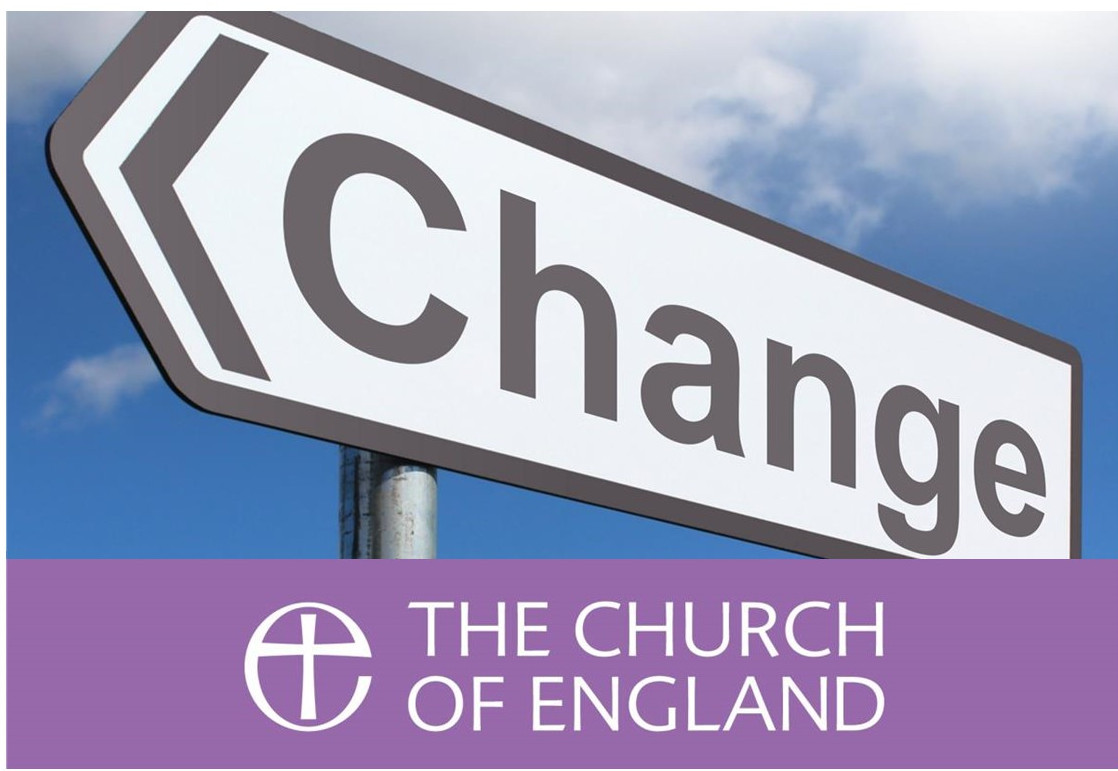In his doctoral research project, Sarum College Visiting Scholar Keith Elford focussed on the Church of England initiative, Renewal and Reform (R&R) programme, which was introduced in 2015 by the Archbishops of Canterbury and York to combine organisational change with theological objectives.
His research found that R&R does not appear to have been directed by any particular theoretical approach, neither ecclesiological nor organisational. Indeed his conclusion was that the initiative designed to reset the Church of England was be based on classical or “machine” theories, developed from a set of actions rather than from any systemic approach.
Initially, the programme had recommendations from five task groups and proposals were made in relation to the development of lay discipleship; the distribution of the Church Commissioners’ funds; the recruitment and training of the clergy; reforms to perceived legal and procedural hindrances to effective mission; the training of the senior clergy, and the development of a ‘talent pool’ to provide the future senior clergy.
Proposals for lay ministry and mission in the Church of England were issued in the 2017 document, Setting God’s People Free. Criticism centred on its management focus at the expense of theology and ecclesiology. As a specific response to the phenomenon of ‘decline’, the initiative advocated a thoroughgoing change in the practice and culture of mission and ministry at parish level. The sense of crisis and need for an urgent response was a major problem, according to Elford in a Church Times article (14 July 2023): ‘A strong sense of crisis can be counter-productive if it leads to precipitate or poorly considered action… Haste and frustration seem to have contributed to organisational and ecclesiological deficiencies in the programme.’
Elford argues that R&R characterised the Church of England as a body that needed urgently to turn its efforts towards its chief vocation: mission. Numerical growth was the chief focus and in his interviews he found that ‘evangelism’ was often preferred to ‘mission’.
Elford says the programme did not offer a convincing narrative about what the Church of England was to become because it lacked scope in three areas: identity, theology and organisational culture. The identity should include community, organisation, and national institution; the theology lacked any ‘articulation of the particular vocation and character of the Church of England as an embodied and culturally distinct manifestation of the Body of Christ in England’; and organisationally, the programme was not based on a clear or deep understanding of why the Church of England has the problems that it has, nor of the nature of the environment in which the Church of England operates.
As a result, Elford says that the architects of programme fell into a common organisational trap of ignoring systemic and cultural issues in favor of treating symptoms, going straight from the problem (decline in numbers) to a solution (growth in numbers).
‘Overall, there was apparently little attention paid to the notion or practice of discerning God’s future for the Church of England as a distinct manifestation of God’s Church. The focus was entirely on getting things done.’
The programme itself was formally ended in 2021, and its activities and at least some of its personnel were assigned to the current Vision and Strategy process. A document reviewing the progress and achievements of R&R, Renewal and Reform: A summary of Progress and Impact, was published in 2021.
According to this account, the programme successfully achieved many of its objectives: it increased the numbers of clergy; provided leadership training for 90 percent of bishops and deans; directed money towards lowest-income communities; created 100 new worshipping communities; and so forth. The sum of £148 million has been spent through Strategic Development Funding: that is, on special projects intended to increase the Church’s capacity for mission, mostly with young people or in deprived contexts.
Few organisational-change programmes are conceived perfectly but a programme that is not rooted in an adequate understanding of the organisation may reach some specific objectives without achieving an overall transformation.
‘It is better to go slower and get it right’, he says, and recommends deep engagement with Church of England adherents through the following:
- A diagnosis of the church’s current situation;
- Discernment about what God might be saying through the circumstances in which the Church finds itself;
- A comprehensive account of the purpose and vocation of the Church of England;
- A narrative about how these elements are brought into conversation with one another with a suggested vision for the Church of England’s future.
‘I want the Church of England to survive and thrive but we must stop relying on shallow diagnoses and isolated initiatives,’ Elford says. ‘Management thinking really can help – but we need to be much more discerning and informed in how we use it, more theologically led.’
Elford is working with fellow Sarum Visiting Scholar Nick Shepherd on a 2024 seminar programme at Sarum provisionally entitled ‘Church in Change: exploring an organisational ecclesiology.’ The idea is to invite ecclesiology and organisational scholars to further investigate how management concepts can play a helpful role in helping the church negotiate change. Further details will be available in Autumn 2023.
Read Dr Elford’s Doctoral Thesis
The Revd Dr Keith Elford is a management consultant, Priest-in-Charge of West Byfleet and New Haw, and visiting scholar in leadership learning and consultancy at Sarum.

Leave a Reply